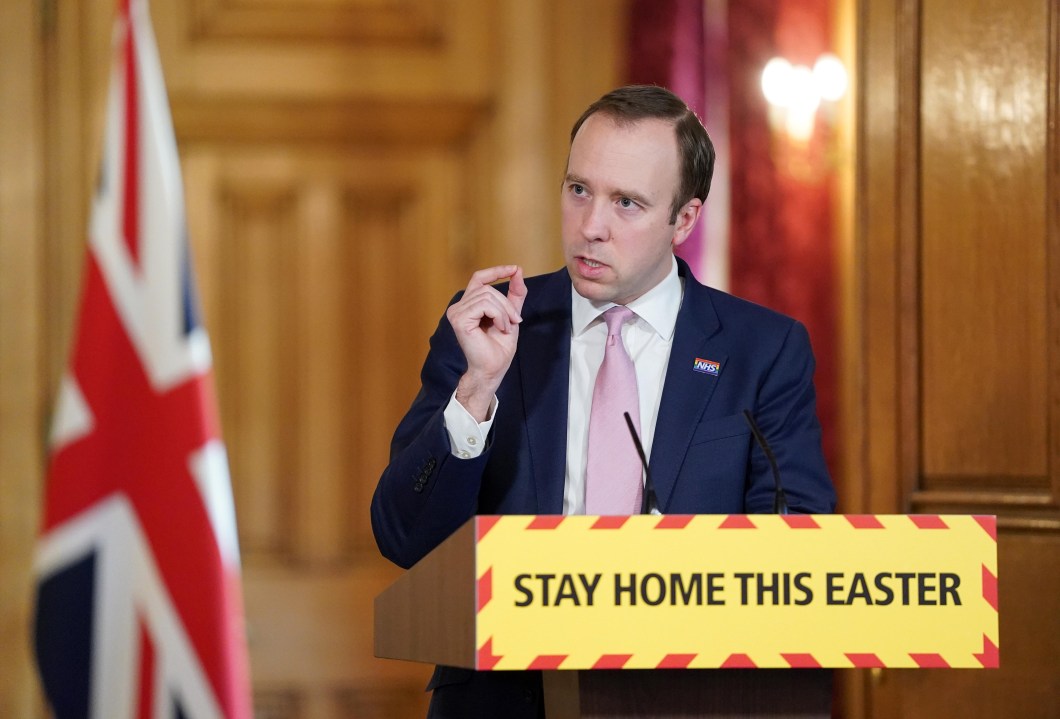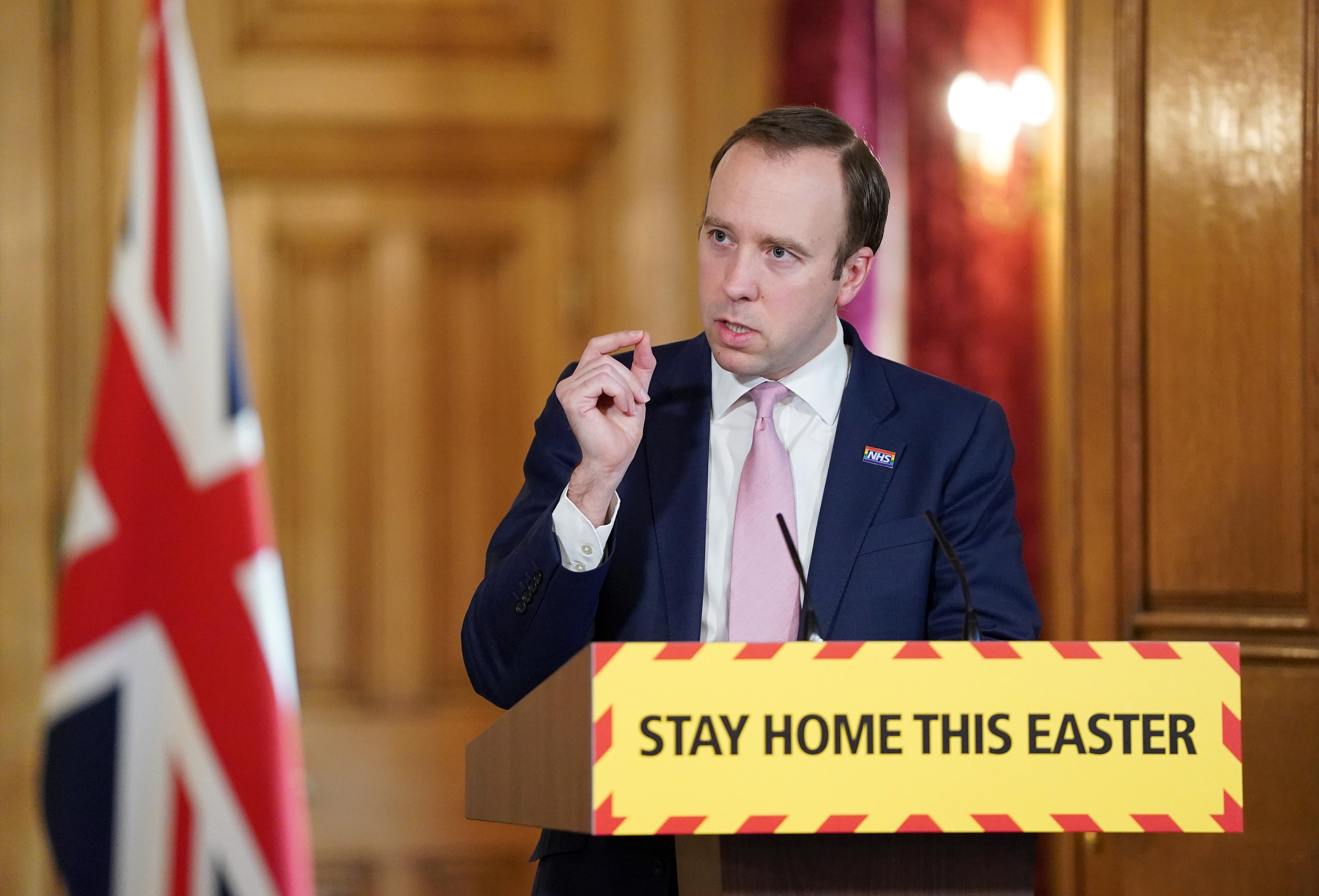The stories I hear from what healthcare workers call ‘the frontline’ – code for those working directly with Covid-19 patients – are traumatising.
‘I am seeing scores of death,’ says one senior doctor. ‘It’s hideous… I’m palliating [giving temporary relief to] people in their 70s to 90s on the wards who were never remotely suitable for intensive care and who are dying horribly quickly, and nastily too, if they don’t get the proper care.
‘The ward staff don’t have the experience and the poor patients don’t have a loved one by their side acting as their advocate’.
This doctor gave me this insight because I could not work out where precisely people were dying, since it was clear from the statistics on use of intensive therapy units (ITUs) or intensive care wards that the majority are not dying there.
As this doctor pointed out, significant numbers of people with Covid-19 ‘are too frail or have too many co-morbidities [life threatening conditions] to withstand ITU, so their ceiling of care is ward based’.
My medical friends are also jealous of the quality and resources of German hospitals
To hear this is not a great surprise, though it is upsetting.
The point is that what we hear about in the media tends to be the shocking deaths of younger people in intensive care. Much less attention is paid to the elderly and frail, who are dying in horrifyingly large numbers, on NHS wards and in care homes.
I am acutely aware of this differentiated treatment because an elderly relative was put on a ward after being diagnosed with Covid-19 and has since died, whereas two younger friends have been in ITU.
So when the Prime Minister says his life was saved by being admitted to intensive care and being ministered to round the clock by two nurses, Jenny from New Zealand and Luis from Portugal, this is compelling but only half the story.
He should thank his lucky stars he caught this awful virus when relatively strong and young. I am labouring these points because a growing number of us are experiencing the anxiety and grief of close proximity to this potentially lethal illness.
And this grief makes many of us increasingly impatient to understand why so many British people are dying: mortalities in the UK by the time the epidemic has run its course are likely to exceed those in other European countries, based on current trends; so says the distinguished director of the Wellcome Trust Sir Jeremy Farrar, who is advising government on how to contain the epidemic.
When pressed on why the incidence of death may be disproportionately great, as Health Secretary Matt Hancock was today in the daily press conference, the response was that our Covid-19 destiny is in our collective hands, namely that there will be fewer deaths if we religiously adhere to the rules that prevent us mingling with those outside our respective households.
I probably wasn’t alone in feeling uneasy at the apparent suggestion that there was nothing government had done wrong or could do better.
But as non-answers go it was at least a practical non-answer. But of course it contains within it the seeds of a genuine answer.
It implies that if only the government had forced social distancing on us days and weeks earlier, as happened in Ireland and Denmark, for example, the rates of infection and death here would have been suppressed earlier too.
That said, a lag in the enforcement of social distancing isn’t the whole explanation for why proportionately more people may be dying here than in – say – Germany.
As Chief Medical Officer Chris Whitty has said to me, another cause may be that the UK had less capacity than Germany to test those with symptoms.
Fewer tests would lead to a higher mortality rate because inadequate data on precisely who has the virus would also feed through to less ‘contact tracing’ of anyone who’d been in close proximity in preceding days to those infected. My medical friends are also jealous of the quality and resources of German hospitals.
Now the point of this kind of analysis is not to apportion blame in a conventional political way. It is to rebuild hope that the correct approach is being taken by the government now – since we are going to be asked to sacrifice very basic freedoms to keep the virus at bay for many months and possibly years.
It is all very well to say the priority must be to look forward not back. But if our leaders can demonstrate a bit more backbone by admitting what they misunderstood hitherto, we might all have a bit more confidence in our collective future.
In the current dire circumstances, the stock response of politicians and officials, which is to pretend it’s all been going to plan, is not only inappropriate but may also be dangerous.








Comments